What Are IRS Meal Allowances Per Diem Rates for Tax Payers
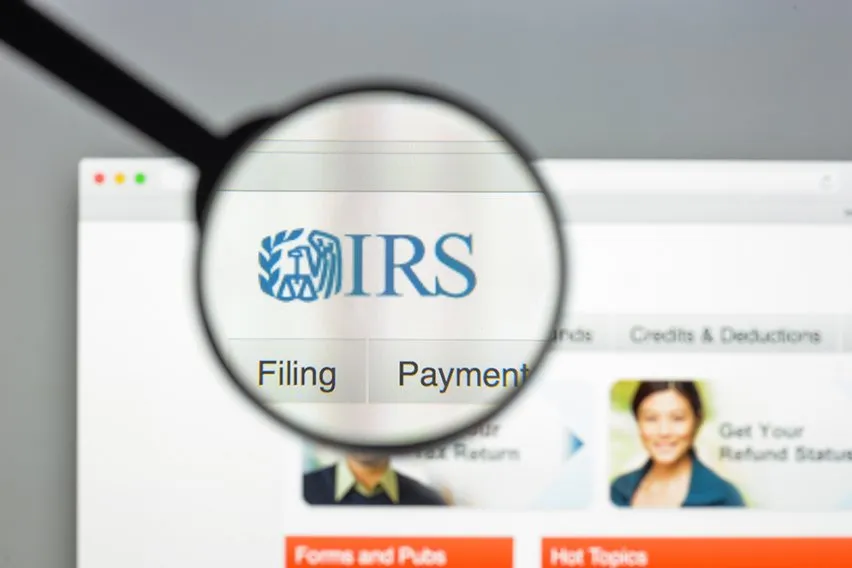
Employers aren’t required by law to reimburse an employee for work-related expenses. However, most companies have employee expense policies in place. Some businesses set their own rates for specific expenses, but there are a few that are set by the IRS.
One of those expenses is a meal allowance per diem rate for taxpayers. If you have to travel for work, your employee can reimburse you for the cost of meals or provide you with a lump sum per diem for your business trip. Here is everything you need to know about IRS meal allowances per diem rates for taxpayers.
Here’s What We’ll Cover:

What Are IRS Per Diem Rates?
Let’s say you need to travel in a few weeks for business-related purposes. You have checked your company’s reimbursable expenses policy and know which expenses you will qualify for. But, do you know the actual per diem rates?
There are a few things to consider when it comes to per diem payments. They are entirely dependent on an employee returning an accurate expense report. As well, per diems aren’t part of your salary or hourly wage, and they aren’t taxed.
Now, it’s important to remember that per diem rates aren’t taxed as long as the payment is less than or equal to the current federal per diem rate.
What Expenses are Listed as Per Diem Rates by the IRS?
The IRS has specified three different allowances that you’re able to list as expenses when it comes to per diem rates.
The first allowance is lodging. Basically, if you have to stay in a hotel, motel or bed and breakfast due to traveling for work. There isn’t an outlined limit on the duration, but typically lodging per diem rates are only used for a few nights where they’re needed. But, depending on your need for business travel, it could be longer.
The second allowance is meals. Business-related meals at restaurants or on-site eateries have a specified per diem rate. This could be for ordinary but necessary expenses like taking a client to dinner.
The third allowance is incidentals. This is for anything else that is directly related to a business expense but might fall outside of lodging and meals.
What Are IRS Meal Allowances Per Diem Rates for Tax Payers?
The meal allowances per diem rates don’t typically fluctuate too much year after year. However, the IRS has made some changes to reflect the difficulty the COVID-19 pandemic has had on several business owners. And some of the hardest hit have been restaurants.
A restaurant is defined by the IRS as a business that sells food or beverages to customers for immediate consumption. And this is even if the food or beverage isn’t consumed on the business premises. Things like grocery stores, beer or wine stores, or convenience stores aren’t considered restaurants. And they wouldn’t be expensive.
One of the biggest changes the IRS has made to meal allowances per diem rates is the overall deduction. They specify that food or beverage expenses are generally limited to 50% of the deductible price. However, they added a temporary exception with a 100% deduction for food and beverages provided by a restaurant.
This is to help those that have gotten hit the hardest by the pandemic. Usually, meal expenses that get reimbursed are deductible if you have an overnight trip. Or if it’s long enough where sleep or rest are needed for you to perform your responsibilities.
How to Calculate Your Meal Allowances
There are two ways to help you figure out your meal costs and travel expenses for work-related purposes.
- The actual cost. Make sure you keep any relevant receipts or documentation that prove any deductible expenses.
- A standard meal allowance. The allowance is a set per diem rate under federal meals and incidental expenses.
If you aren’t sure what the federal meals and incidental expense per diem rate are, you can do a quick online search to find out the rates based on location. Keep in mind that with the standard meal allowance, there are usually lower rates applied for the first and the last days of your travel.

Key Takeaways
Maybe you’re traveling for work for the first time in a few weeks and aren’t sure if any of your expenses will get covered. Or, maybe you travel regularly for work but aren’t sure what the meal allowances per diem rates are. The best thing you can do is to check with your employer to see if they have an employee expense policy in place.
This will outline all the different expenses that are reimbursable for business-related purposes. In the policy, there should also be an area that outlines the meal allowances per diem rates. Your employer might require you to submit receipts with actual costs after your trip finishes.
They might also provide you with a standard meal allowance before your trip. It all depends on your employer and how they have decided to set it up. Regardless of how it’s set up, there are a few important things you should do when traveling for work.
Make sure you keep an accurate record of where you had your meal, the date, and the location. Also, make sure to keep the relevant receipts in case you are required to submit documentation in order to get reimbursed.
Did you enjoy reading this guide? Head on over to our resource hub for more great content.
RELATED ARTICLES

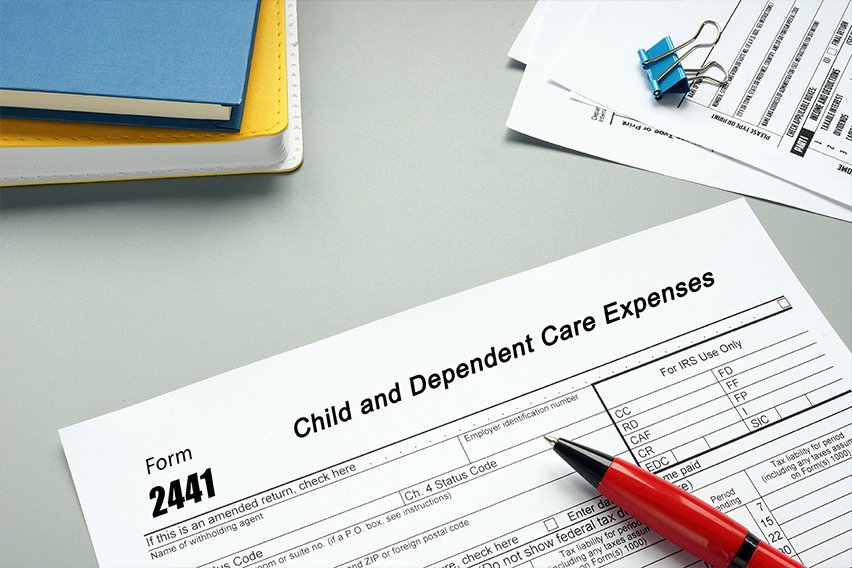 What’s a Dependent? Definition & Tax Tips
What’s a Dependent? Definition & Tax Tips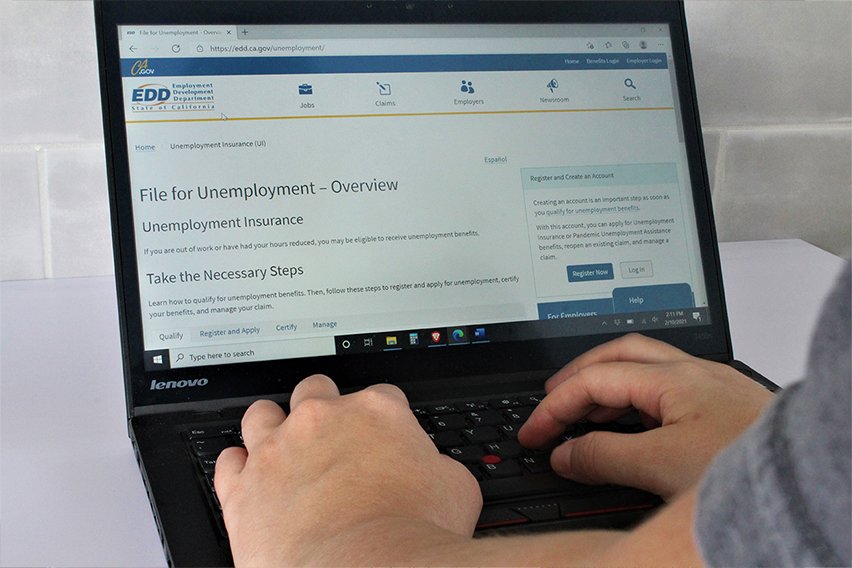 What Is SUI (State Unemployment Insurance) Tax Rate?
What Is SUI (State Unemployment Insurance) Tax Rate?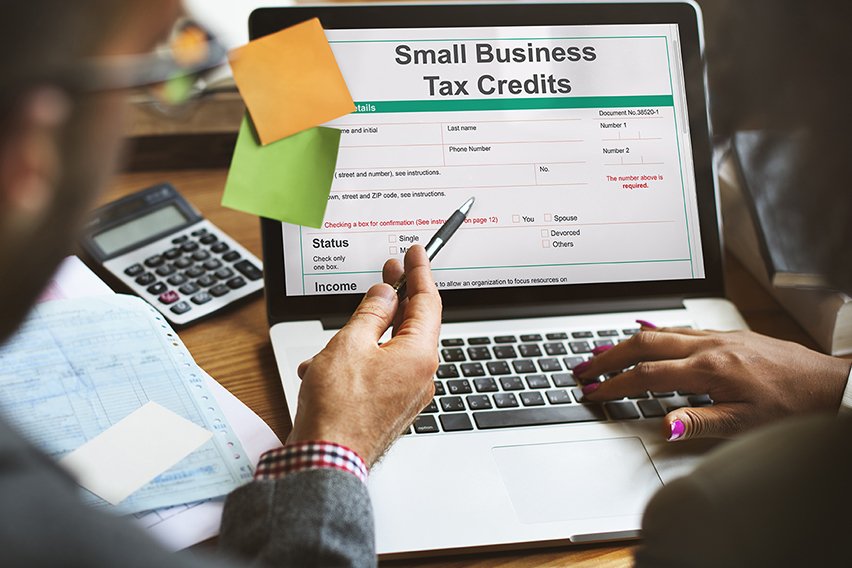 Small Business Tax Forms: The Complete List
Small Business Tax Forms: The Complete List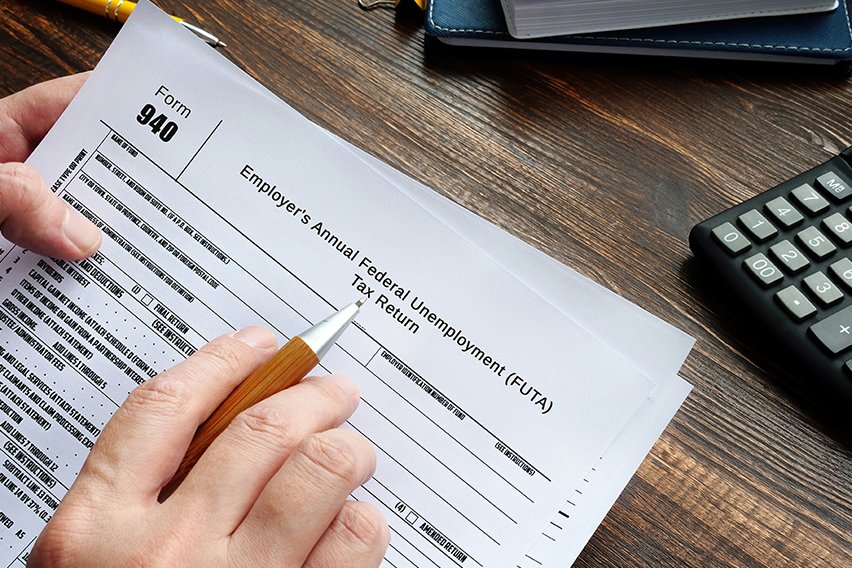 What is Form 940?
What is Form 940?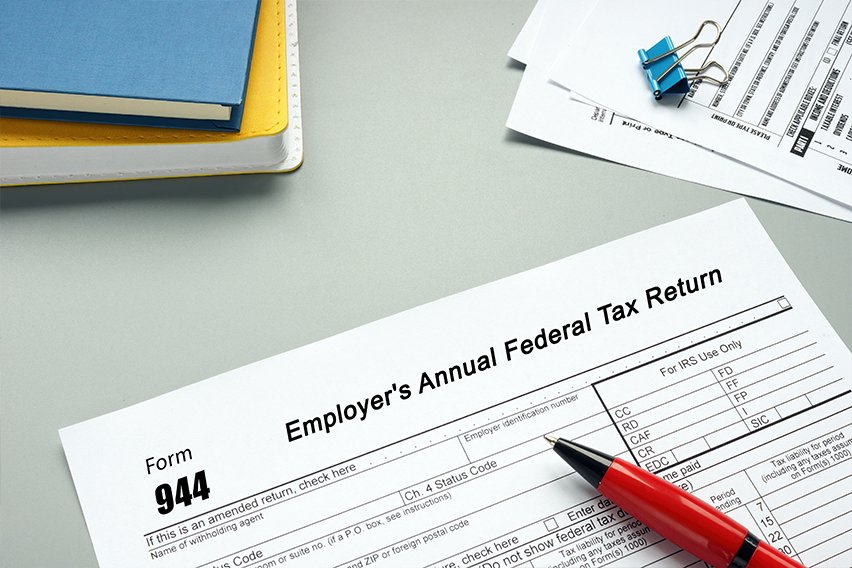 What Is a 944 Form?
What Is a 944 Form? 7 Best Sales Tax Software For 2025
7 Best Sales Tax Software For 2025